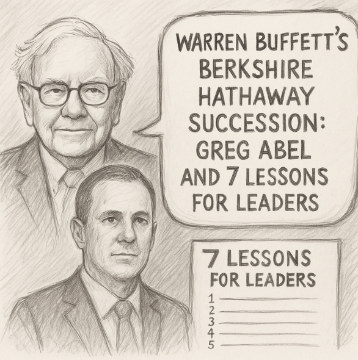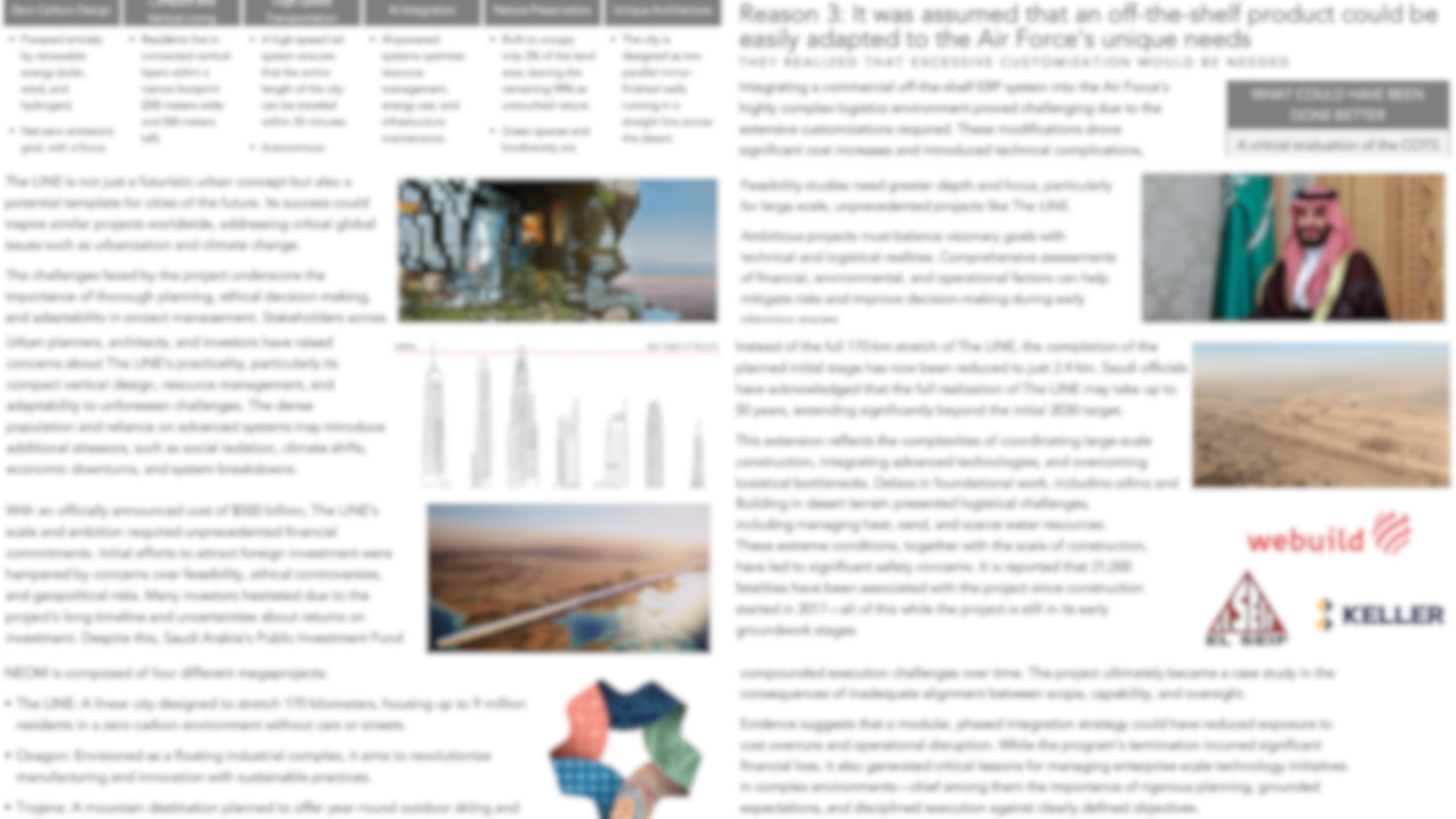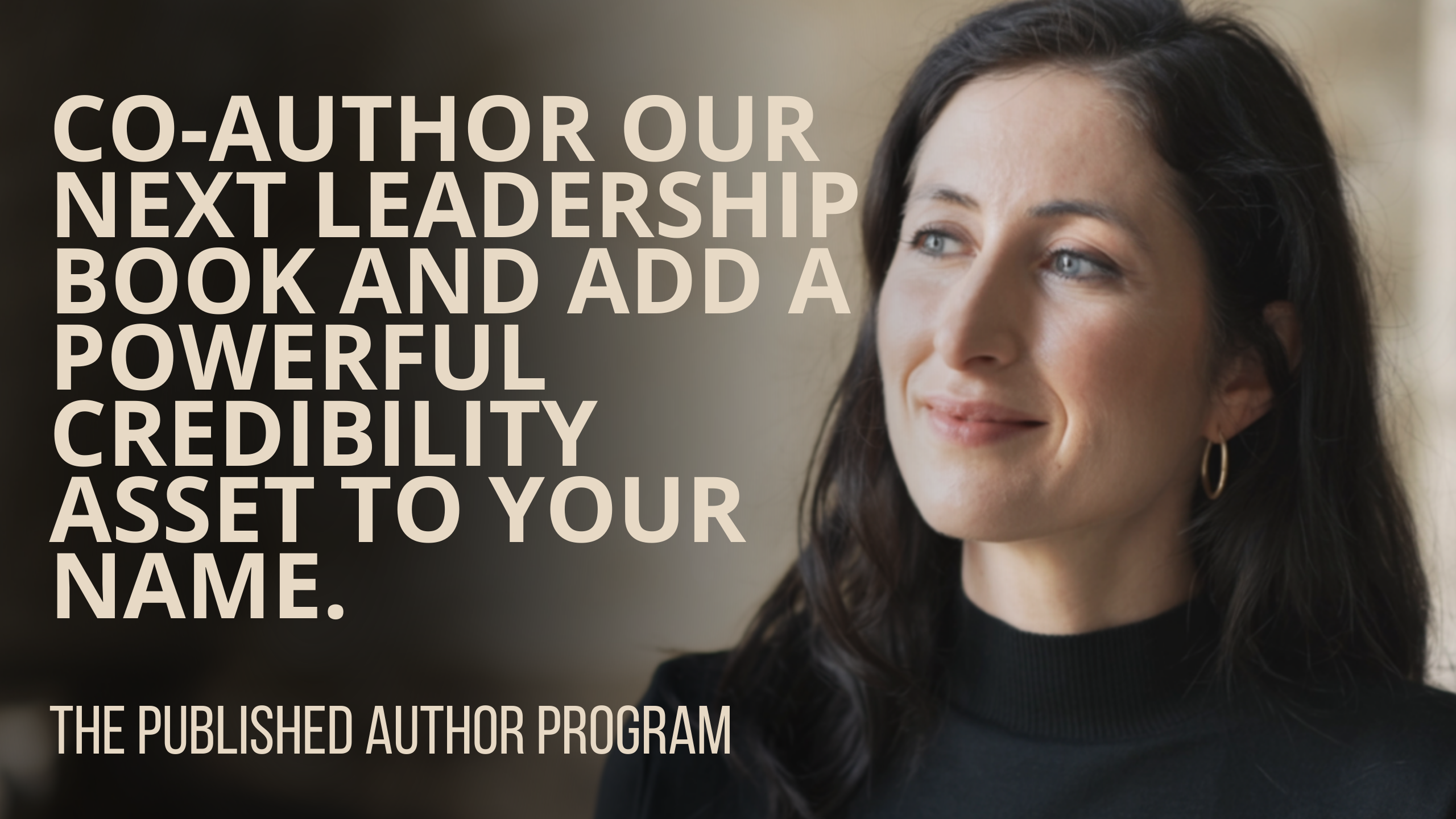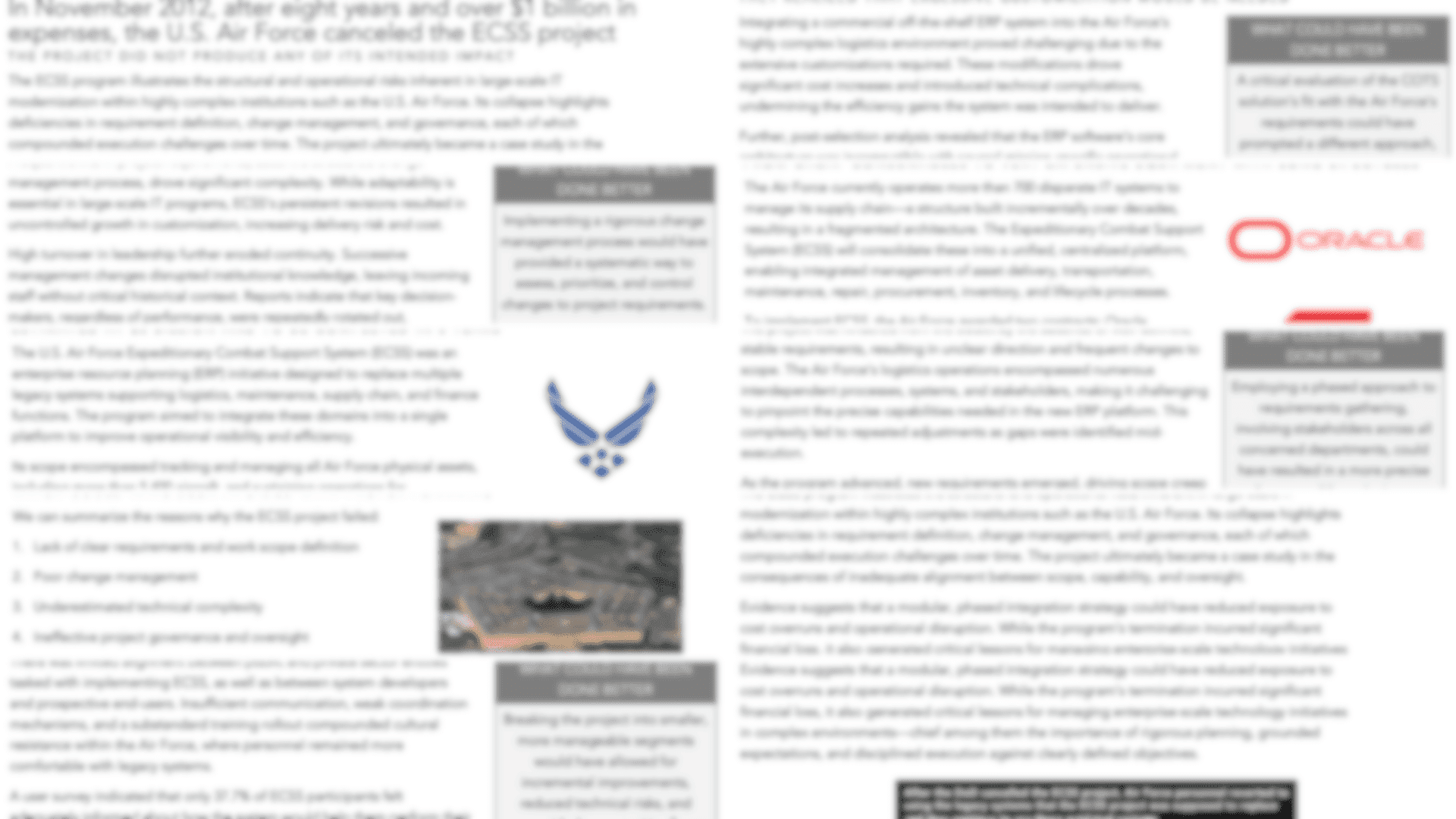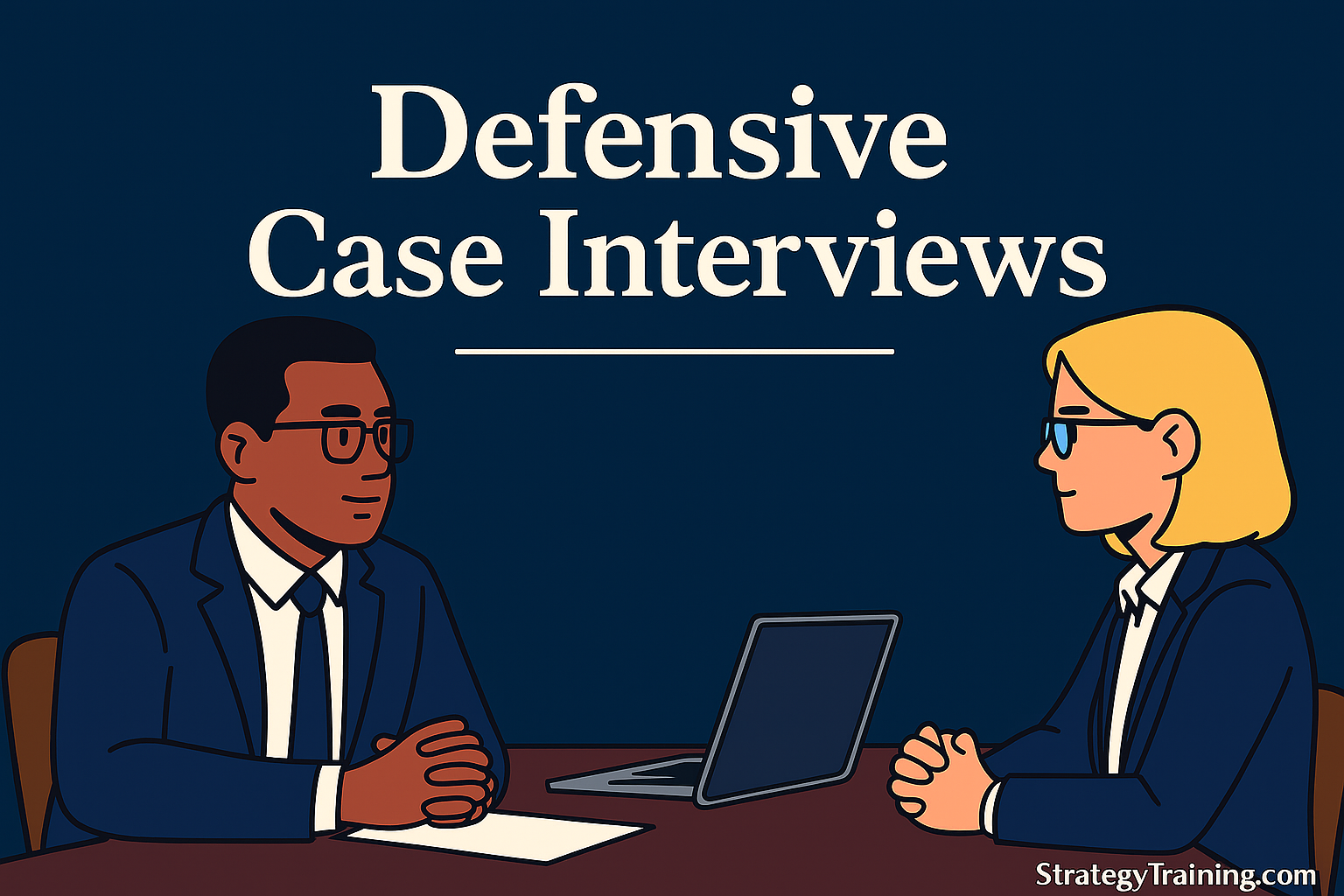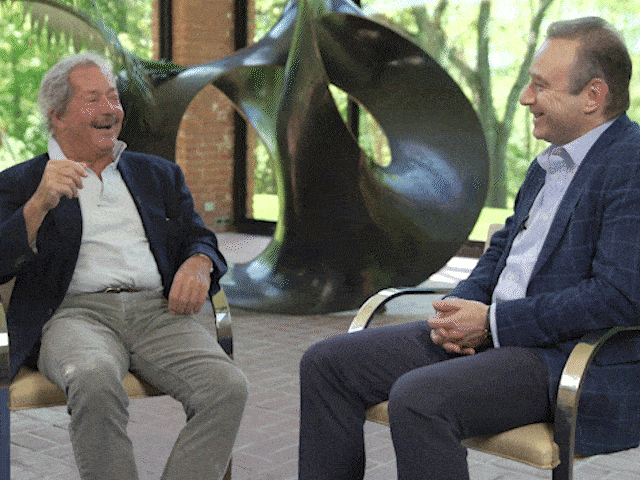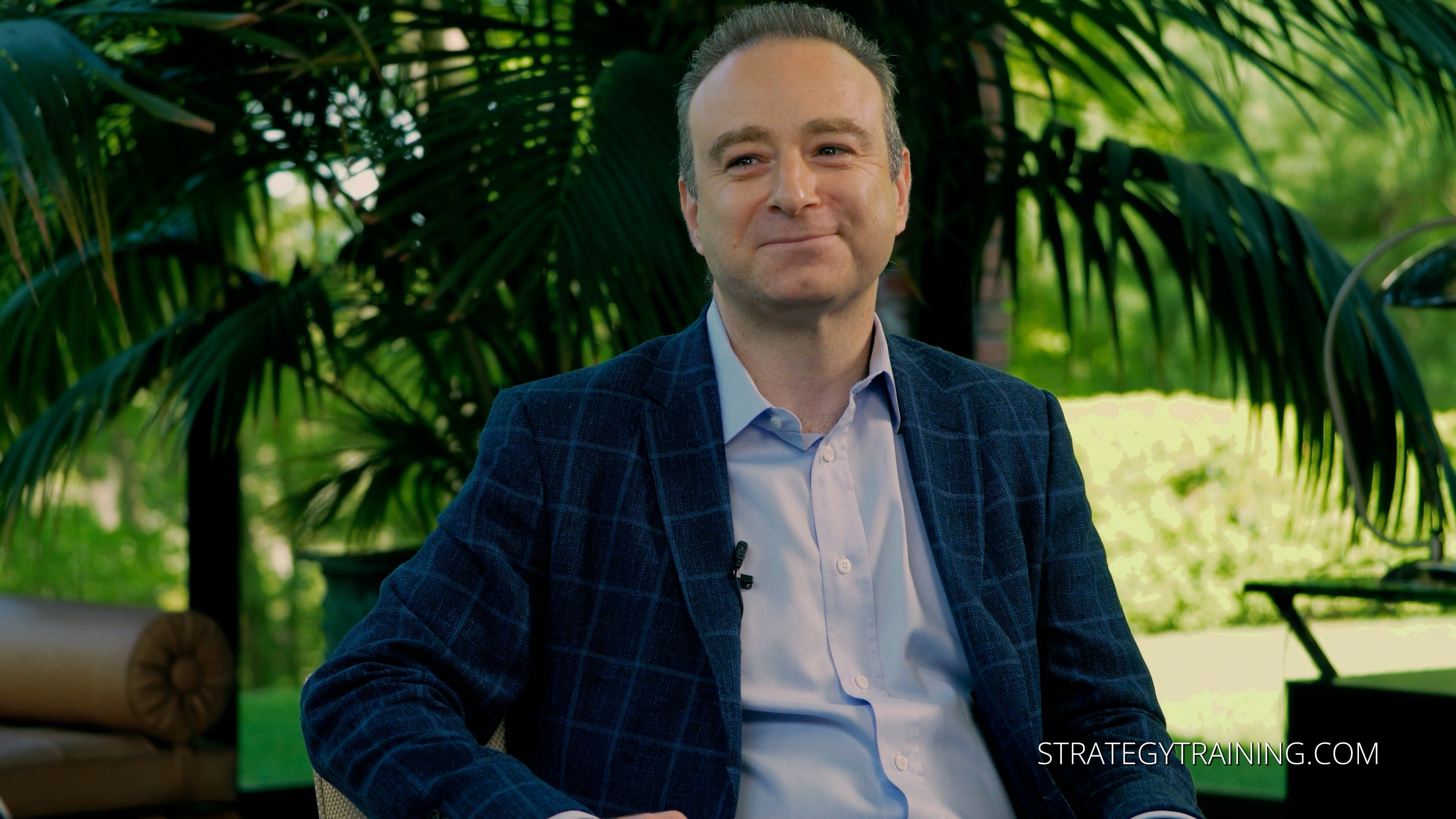Digital Transformation Consulting: 3 Challenges Leaders Underestimate
I recently spoke with a senior technology leader at a global consulting firm, let’s call him “Raj” to protect his privacy, whose observations mirror what we’re seeing across large transformation programs. We discussed the critical challenges he and his peers are facing. Below, I distill the patterns we see repeatedly in our client work and research, using Raj’s comments as an illustration.
Raj started by explaining his role, "I work with C-suite executives in my organization, as well as on my clients' side, working on transformation projects and bringing up emerging tech, understanding the client needs, the problems, etc., and then creating journeys around it."
3 key points emerged:
1) Balancing Vision and Practicality
Raj mentioned, “The biggest challenge that I feel is that there is an imbalance between the transformation that the clients or the leaders are thinking currently. Few leaders are thinking way ahead of time... On the other hand, there are leaders who are not so agile.” Inside the same executive leadership teams, we regularly see this divergence. The fix is a practical vision: an ambitious destination expressed as quarterly steps the business can absorb, plus disciplined influence and communication so leaders align on the “why,” not only the “what.”
If you want the approach we use to do this, members can find the practical-vision tools and decision cadences inside Insider (StrategyTraining.com).
2) Staying Up to Date on Rapid Technological Developments
Another significant challenge is staying current. He highlighted three skill areas: technology, transformation, and adaptability. He said, “How can I keep on evolving and learning very fast so that I do not get stagnant in the industry?” The technology wave has shifted quickly from AI to generative AI, and it will shift again. Leaders who excel in this area don’t chase every new trend reactively. Instead, they establish a simple, repeatable cycle: regularly scanning the horizon for emerging technologies, running short practical experiments, and applying a clear set of criteria to distinguish genuine business value from distractions.
A practical next step: the upcoming training inside Legacy focuses on triaging emerging technologies and converting them into proposals that can withstand CFO/COO scrutiny.
3) Dealing with Ambiguous Client Expectations
“The expectations from the client side are never clear... it is never very definite.” High-performing teams manage expectations. They document in writing what was agreed on and manage scope creep.
We teach this expectation-clarity method in our Insider and Legacy programs on StrategyTraining.com so leaders close alignment gaps early, not after timelines slip.
5-Year Vision
If all unfolds well, Raj sees himself “as the CEO… creating something disruptive, solving people’s problems, making them more comfortable in their lives.”
Action steps you can consider (this upcoming week):
Ask yourself: are you paying enough attention to these three challenges?
How does this align with the top three you prioritized?
What is your 5-year vision, and how will the next quarter get you closer to realizing that vision?
If you want the full frameworks and client-ready artifacts I referenced above, join Insider or Legacy membership and start the Transformation Essentials path (email team@firmsconsulting.com for the list of programs once you join). It’s designed for 30+ minutes a week, so you can apply while you work.
P.S. For senior leaders who want the highest-level collaboration, I’m curating a rare project with Bill Matassoni (former McKinsey & BCG senior partner) and a few senior co-authors from our community. Participation is selective. If you believe it’s a fit, reply to this email to apply, and you can learn more here.


